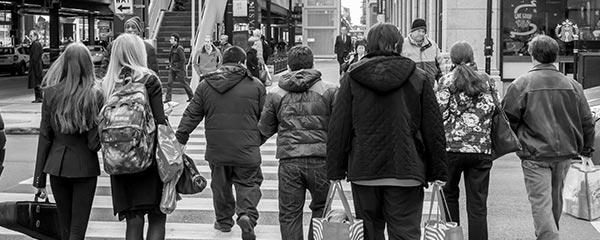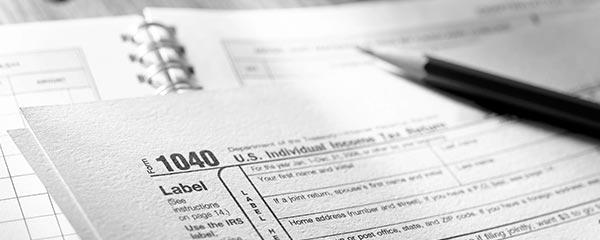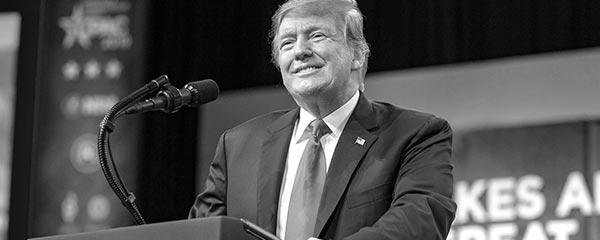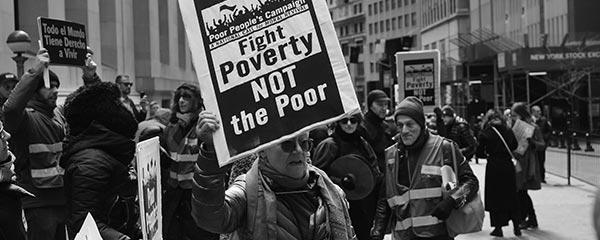WASHINGTON, D.C. -- Americans' confidence in the economy dipped in March and April after surging in February, shortly after the end of the latest government shutdown. Gallup's Economic Confidence Index is now +21, down from the post-shutdown spike to +32. Confidence remains higher than it was during the shutdown, in early January, but is still not back to the +30 or higher level found through much of 2018.

Gallup's Economic Confidence Index is the average of two components: Americans' ratings of current economic conditions and their views of whether the economy is getting better or getting worse. The index has a theoretical maximum of +100, if all Americans believe the economy is excellent or good and getting better. The theoretical minimum is -100, achieved if all Americans say the economy is poor and getting worse.
Fifty percent of U.S. adults are currently positive about economic conditions, calling them excellent or good. Another 36% consider them only fair, while 14% call them poor. At the same time, 49% perceive that economic conditions are getting better, and 44% think they are getting worse.
The following graphs show the trends in both components since the start of 2018. Perceptions of current conditions are similar to the average in 2018, while the economic outlook is slightly lower than last year's average.


Longer term, Americans' confidence in the economy remains significantly improved from the 2007-2009 recession years, when confidence bottomed out at -72 in October 2008, but is not as high as it was at its peak in January 2000 (+56).

Learn more about how the works.



